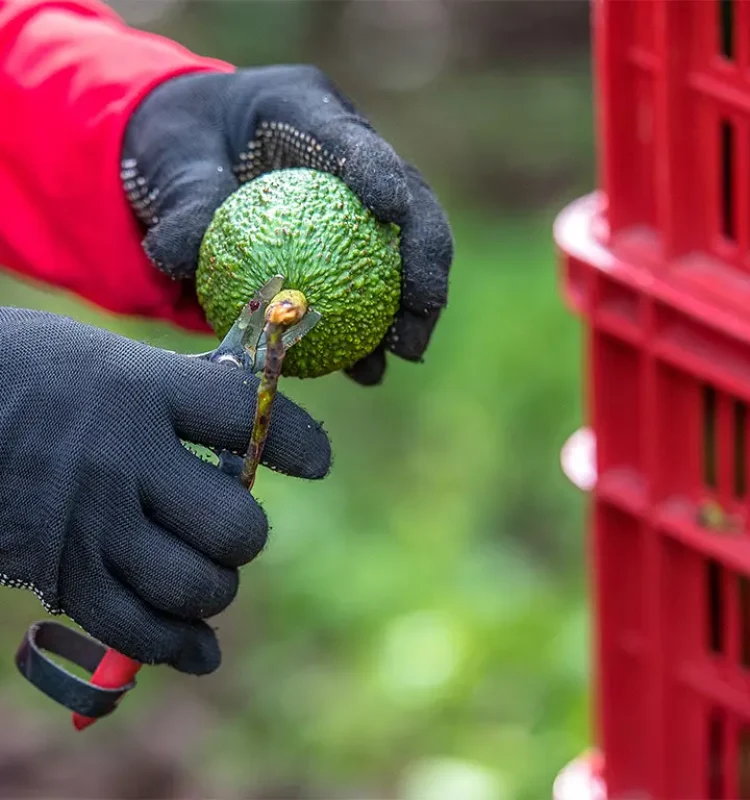Project Brief
The European Union Business Environment and Export Enhancement Programme (EU-BEEEP)

Implementation Partners
TMA, Ministry of Industry Trade and Investments (MITI), National Horticulture Task Force, Kenya Ports Authority

Implementation Period
2023 - 2027

Project Participants
Horticulture farmers, aggregators and exporters. Logistics providers.

Funding Partner
European Union

Project Rationale
Despite Kenya’s membership in multiple trade agreements and a long history of developing enabling policy frameworks, export performance remains stubbornly weak as reflected in trade deficit of 135 billion Kenya shillings ($1.3 billion) as of 2023, (Kenya National Bureau of Statistics, 2024). Agriculture, which contributes approximately 20% of GDP (Central Bank of Kenya, 2024), remains underexploited in its export-promoting potential.
Horticulture offers particular promise. Kenya is a leading exporter of avocados, mangoes, vegetables and flowers, but the sector is constrained by weak cold-chain systems, costly compliance with export standards, limited access to finance and inefficient logistics.
Meeting rising global demands for climate-friendly production and tougher sanitary and phytosanitary rules adds further pressure. The social dimension is equally important. Women are heavily involved in agricultural value chains but have poorer access to land, finance and training, limiting their role in export growth.
Targeted measures in sustainable logistics, value-chain upgrading, export finance, and gender inclusion are needed if Kenya is to improve its trade balance and build more resilient, competitive exports.
The project’s strategic focus on developing sustainable logistics, strengthening value chains, broadening access to export finance, and embedding climate resilience and gender inclusion at every level is indispensable if Kenya is to transform its export trajectory, close the trade gap, and deliver inclusive,sustainable growth.
The Business Environment and Export Enhancement Programme (BEEEP) is a five-year, EU-funded initiative designed to spur green economic growth and create decent jobs. It supports Kenya’s Integrated National Export Promotion and Development Strategy, with a focus on avocado, mango and vegetable value chains.
The programme takes a multi-pronged approach. On the supply side, it strengthens stakeholder capacity, widens access to finance and improves public-private coordination to raise the volume of locally produced goods that meet export standards. On the demand side, it bolsters export-promotion initiatives to widen markets for Kenyan produce.
To cut trading times and costs, BEEEP invests in more efficient and environmentally sustainable transport infrastructure, expands port capacity for handling fresh produce and promotes a shift from air to sea freight in horticultural exports. It also improves the regulatory regime for standards and sanitary and phytosanitary (SPS) measures, upgrades technical infrastructure for conformity assessment, and digitises and integrates trade systems.
At the policy level, it builds institutional capacity to negotiate and implement trade agreements, while supporting reforms that improve the ease of doing business nationally and in Kenya’s 47 counties.
Its objectives are threefold:
- Increase and diversify trade in selected value chains by boosting compliant local supply and expanding export demand.
- Reduce trade times and costs through infrastructure upgrades to meet environmental standards, regulatory improvements related to standards and SPS measures and modernised trade systems.
Strengthen the business climate by enhancing public-sector capacity to deliver coherent, investment-friendly reforms at national and county levels.
Progress
Recent as of April 2025 includes:
- The development of an air-to-sea freight masterplan for fresh-produce exports.
- Operationalisation of export supply hubs linking farmers to high-value markets; and a voluntary third-party assurance scheme to help producers meet sanitary and phytosanitary standards.
- A FinTech-driven trade-finance platform is being established in partnership with Trade Catalyst Africa, Trade Development Fund and Mastercard Foundation, to expand credit access for horticultural SMEs.
- Advocacy engagements were held with government ministries, Kenya Revenue Authority and agro-dealers leading to launching of new routes.
- A business-process overhaul for sea-freight exports, and market assessments to guide export and investment strategies have been completed.
- A national investment strategy, county competitiveness index and reform action plan have been drawn up to strengthen the business climate.

